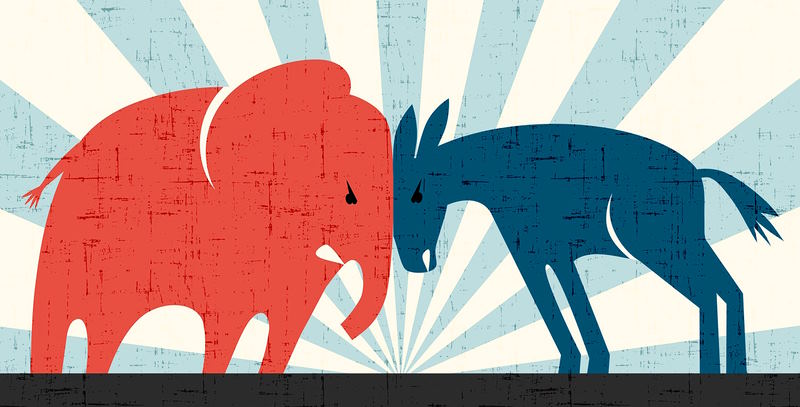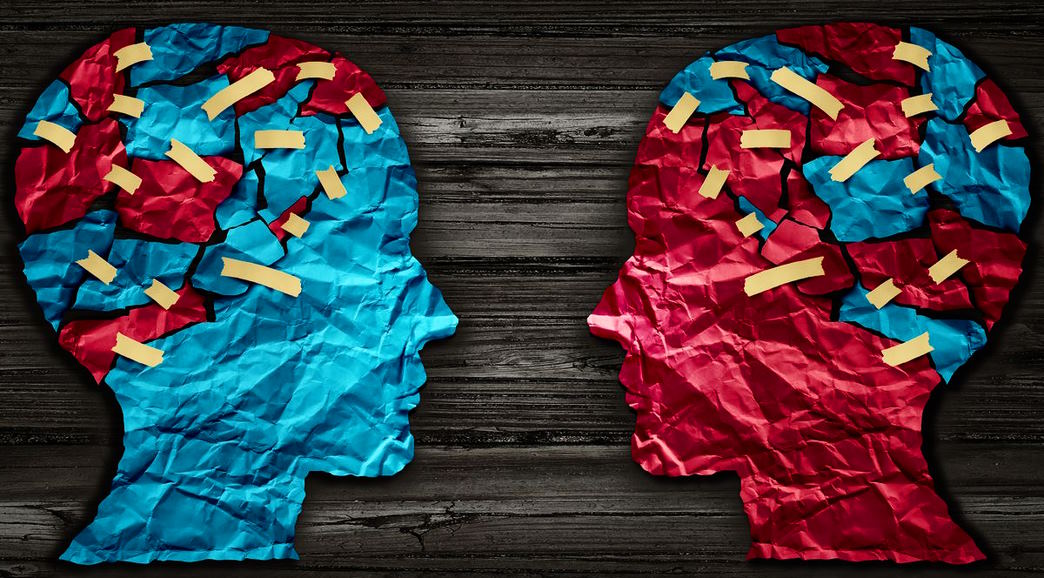
How Different Ideologies Can Impact The Policies Of Political Parties
Regarding party politics, one of the most important factors that determine a political party’s policies is its ideology. Depending on which type of ideology the party follows, you can get a clear view of what their policy stances are likely to be and how they will handle certain issues. Ideologies provide a framework for politicians and those who vote for them to make decisions regarding public policy matters. They shape how candidates approach different issues and guide their decision-making in regard to what solutions they propose. In this post, we’ll explore some of the main ideologies present in modern politics–including liberalism, conservatism, libertarianism, and socialism–and discuss how each one affects a political party’s views on various topics, such as taxation or health care reform. We’ll also look at current examples of where ideologies play an important role in influencing specific policies today.
How do the ideologies of political parties affect their policies?
Political parties are built on a foundation of ideologies, which refer to the set of beliefs that guide their policy decisions. These ideologies focus on different aspects of government, such as social and economic policies, foreign relations, and civil liberties. For example, conservative parties typically favor more limited government interference in individuals’ lives, while liberal parties tend to support increased government intervention. Depending on the party, these ideological differences can significantly impact their policy proposals. In addition, political parties often develop platforms that outline their positions and goals related to certain issues. To win votes from citizens, political parties may emphasize or downplay certain aspects of their platform depending on what is most important in the current political landscape. All these factors come together to form a party’s policy agenda. Thus, it is clear that the ideologies of political parties directly influence their policy positions.

Ultimately, when assessing the effect of party ideology on policies, it is important to consider the context in which these policies are formed. Factors such as public opinion and current events can greatly shape the way policies are presented and implemented. By understanding how the ideologies of political parties drive their policy agendas, we can better understand what each party stands for and how they intend to address pressing issues facing society today.
The different ideologies of the two major American political parties
Ideologies of political parties influence the country’s stance on various issues, such as immigration, taxes, health care, and foreign policy. Each party has its own set of beliefs about how the country should be run. For example, Republicans support lower taxes and less government intervention in the economy, while Democrats favor higher taxes and more government regulation. Democrats typically advocate for stronger social welfare programs such as Medicare and Social Security, while Republicans are generally more inclined to prioritize fiscal responsibility over social spending.

On immigration policy, Republicans have traditionally favored stricter border control measures, while Democrats often support more lenient policies that allow for greater immigration levels. Similarly, Republicans are generally against expanding access to abortion services or other reproductive health measures, while Democrats may favor these types of policies. On foreign policy, Republicans often take a more hawkish stance and are more likely to emphasize military power, while Democrats may be more inclined toward diplomacy and peaceful solutions.
Ultimately, each party’s ideology shapes how it views the best way to run the country and its stances on different issues. These beliefs can significantly influence elected officials’ decisions or even create laws. Because of this, understanding the differences between the two major American parties is important for forming opinions about current events and politics in general.
